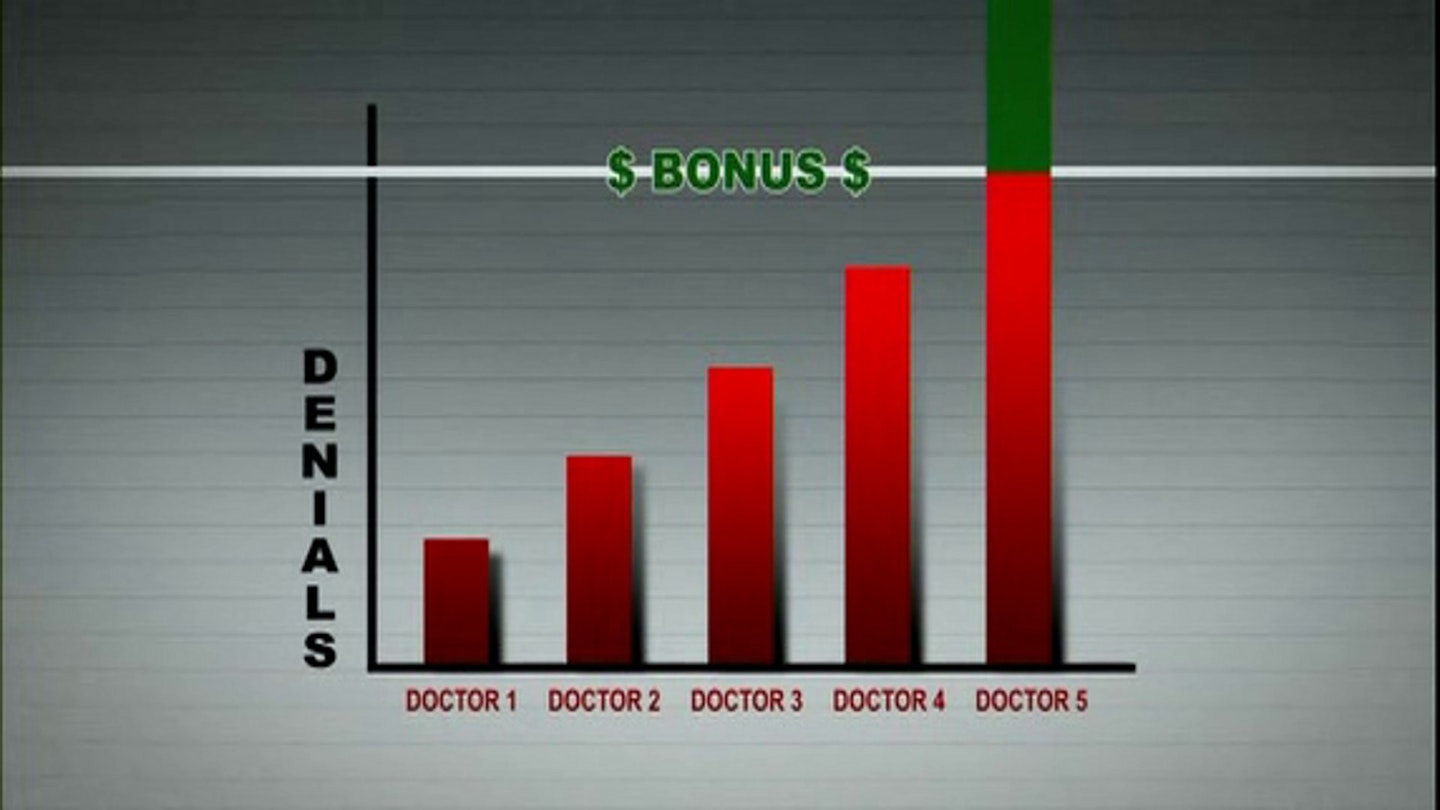Up with the porcelain umbrellas: Michael Moore’s brewed another thundering shit-storm. After bagging a Palme d’Or for the Bush-whacking Fahrenheit 9/11, America’s agitator-in-chief must have looked at his beleagured nation and thought, “Who’s next?” He didn’t look far: Sicko’s opening shot shows George Bush. But does Moore have the energy for another personal vendetta? And more to the point, do we?
But then something really shocking happens: Bush evaporates, while Moore himself doesn’t appear until 40 minutes in. Finally he’s stumbled on a humanitarian story even bigger than his ego. Sicko might appear to serve up scalpel-sharp agitprop on the failures of a brutal, discriminatory US health service, but Moore has actually created a truly universal movie - and, in the process, relocated his pulse.
One reason for this is that it’s a different world for Moore since Fahrenheit. Earlier this year, Canadian filmmakers Rick Caine and Debbie Melnyk unleashed Manufacturing Dissent, an exposé questioning Moore’s cavalier fact-gathering. Is it a surprise to learn that Moore did actually secure a lengthy interview with fat-cat General Motors CEO Roger Smith, but chose to cut the footage from Roger & Me because it didn’t follow his agenda? Moore’s detractors certainly seem to think so, and the neo-cons haven’t wasted the chance to mock his latest release. So why trust a single word?
Yes, Sicko does display a flippant, if not arrogant, disregard for its stats and sources, and, as expected, doesn’t bother with anything even remotely approaching a counter-argument. But getting in a froth over what Moore loosely selects as The Truth is to totally misunderstand the man’s art. Whatever the Senate says, Moore’s business isn’t politics, it’s polemics, where bending the facts to your advantage isn’t a sin; it’s a contractual requirement.
Moore’s central argument is that the pharmaceutical giants, politicians and insurance behemoths conspire to put profit over care, with life-threatening results. The case studies, skilfully assembled from 500 hours of footage, beggar belief. One man
is charged $60,000 to replace a severed finger tip. A car-crash victim is billed for an ambulance trip as if it’s some sort of luxury urban cruise. And, most horrifying of all, an LA hospital dumps its patients on the streets - dazed and shivering in smocks, still ill - with the CCTV footage to prove it.
This might sound like gruelling viewing, but Moore knows it’s easier to ram uncomfortable truths down our mouths when they’re wide-open laughing - be it from the director’s deadpan voiceovers, sarcastic use of archive footage or ballsy stunts, such as sending medically neglected 9/11 rescuers to Guantanamo Bay (where, he argues, al-Qaeda detainees receive the only free healthcare in America).
Perhaps inevitably, Moore’s weakness for sentiment over-sweetens the pill. But this remains impassioned cinema, a warning of the corrupting power of corporations and their assault on democratic values. And, for British audiences especially, it’s a vital reminder that our so-called shonky NHS (albeit presented here in idealised form) is a human right, not a favour. Crusading stuff, bluntly and brilliantly argued.

